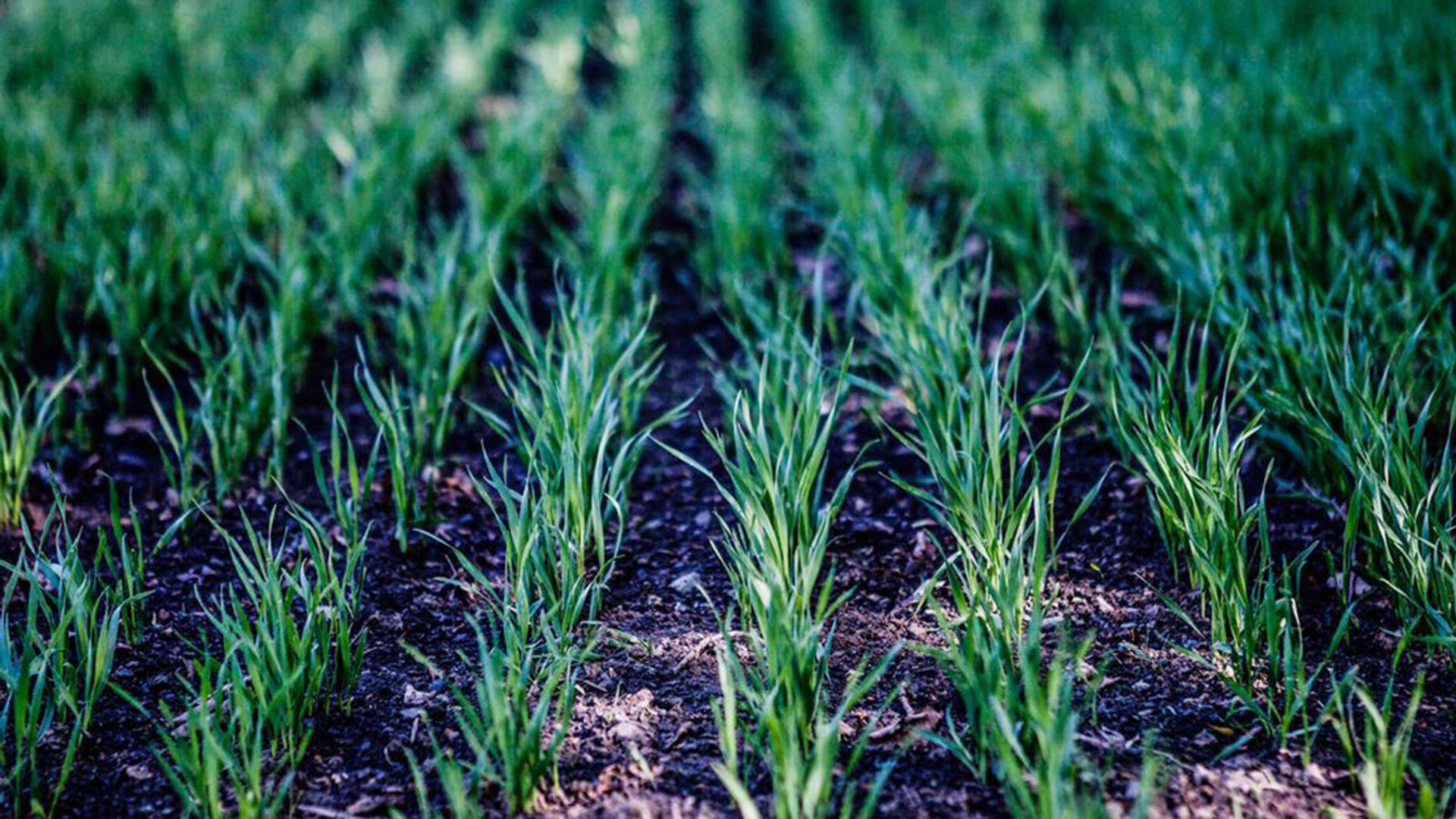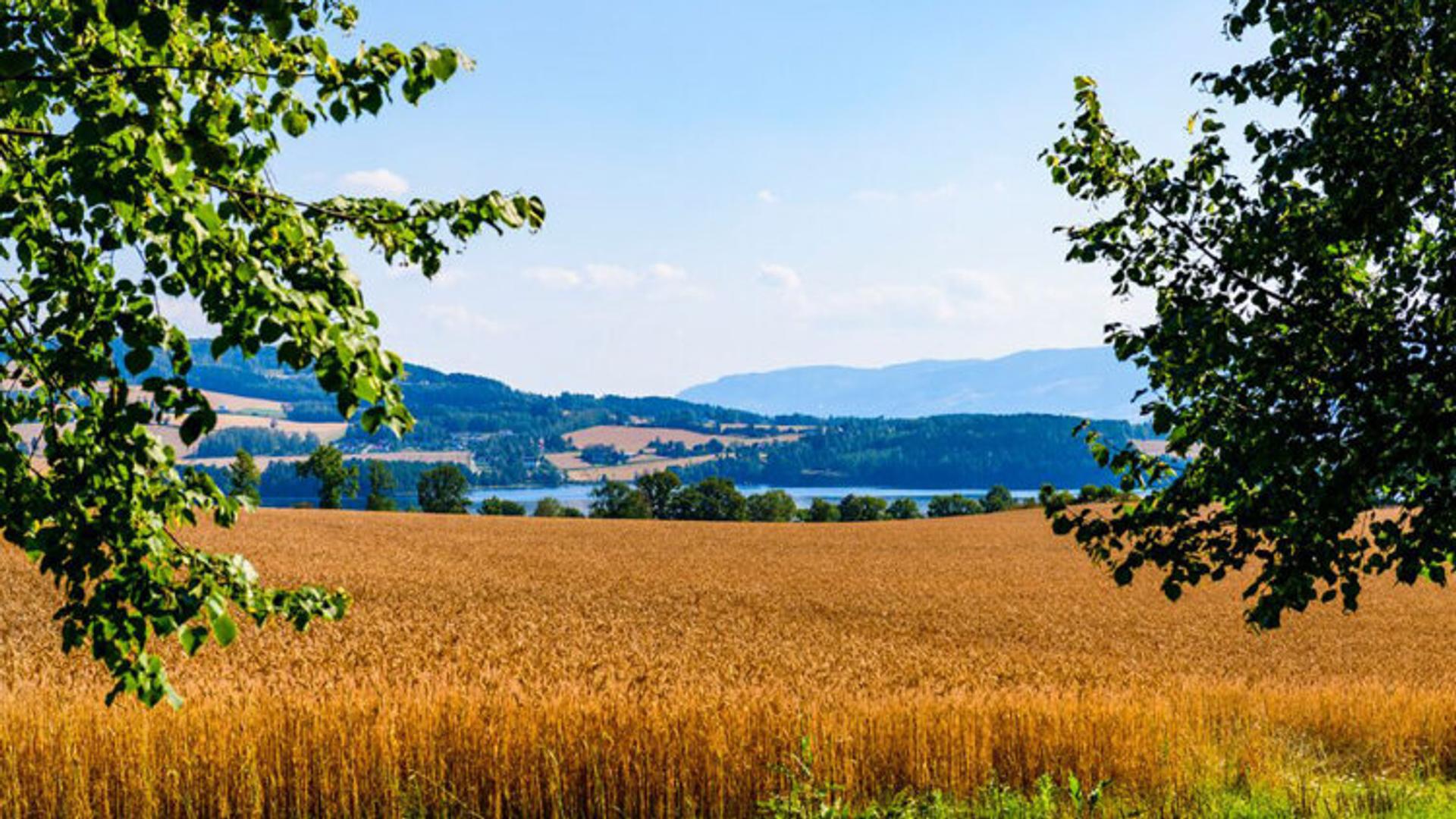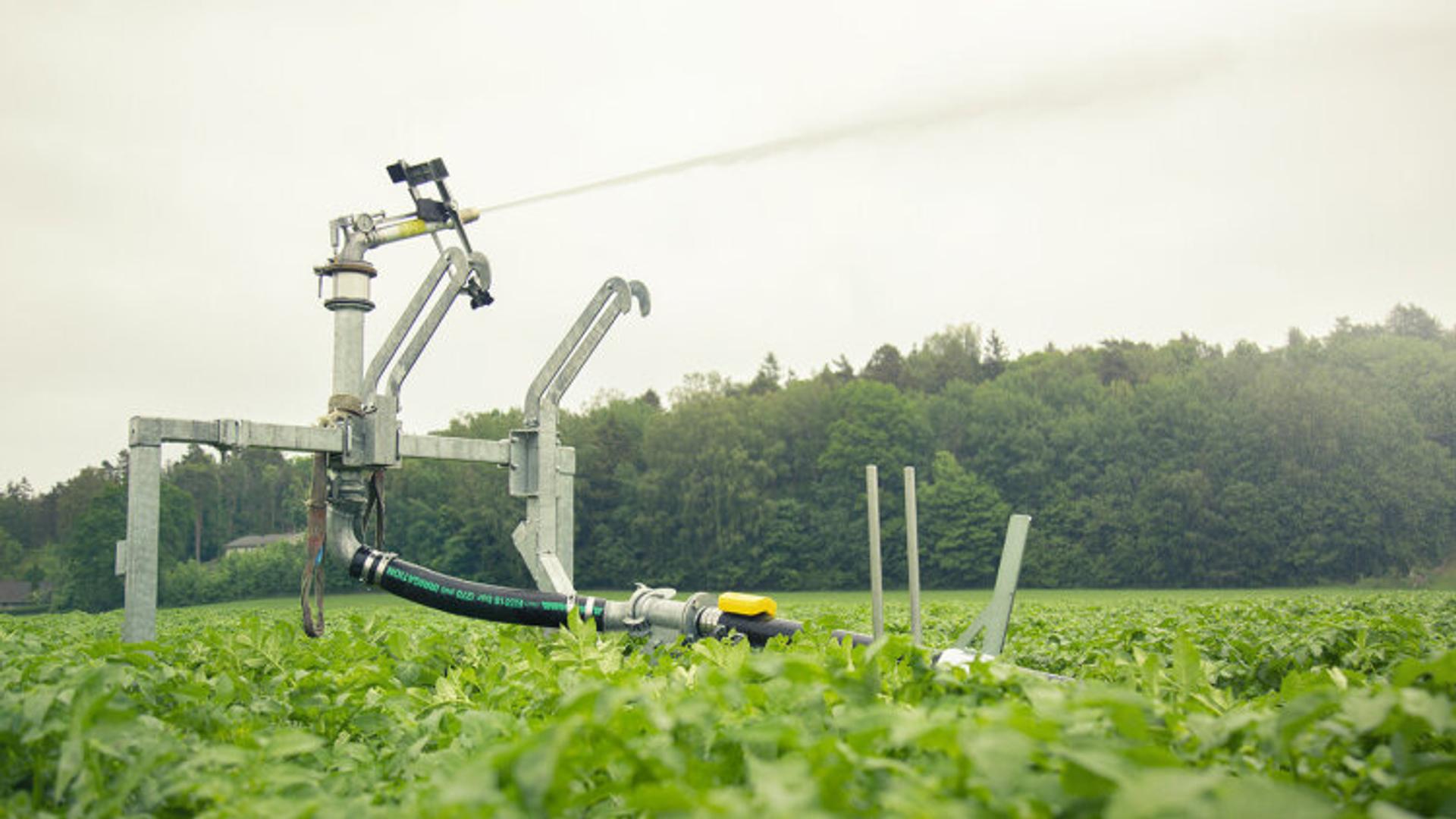Norwegian companies are fighting hunger and turning deserts into green oases

Water shortages, rapid desertification and pesticide resistance are all pressing challenges in traditional agriculture – and they are piling up. This is happening at the same time as the demand for food is rising.
The world’s population is set to reach 9.7 billion by 2050 and the UN predicts that the world will need to produce nearly 60 per cent more food in order to feed the global population. By that time, 135 million people may have been displaced by desertification.
“Norwegian agritech is developing solutions based on knowledge and technologies that can help the world find a more sustainable path to agriculture and soil management,” says Sivertsen.
Reversing desertification with sustainable clay
Desert Control has created an award-winning compound that can be spread over sandy soil, making it possible to grow crops. Liquid Natural Clay (LNC) contains no chemical additives and is mixed on site with a combination of clay, water and local soil. The compound enables sandy soil to retain water and nutrients, making degraded soil arable again. LNC increases crop yield and reduces water use by up to 50 per cent. Without LNC, transforming sandy soil into fertile soil can take between 10 and 15 years. When using the clay, the soil is ready for planting in just seven hours. In June, Desert Control won the Green Award for Innovation at the Greentech Festival in Germany.
“Desert Control is taking part in creating a new reality, and it boils down to truly caring for the soil. We strive to make the land resilient in order to stop desertification and return to more sustainable regenerative practices for caring for our land. Land sustains everything we do. Almost everything we eat, even the air we breathe, is utterly dependent on soil,” says Sivertsen.
One third of the world’s soil is currently degraded. Many people can benefit from LNC, including local farmers, global food producers and agricultural landowners. The innovation may also have an important role to play in urban landscape, reforestation and climate impact initiatives.

Reducing water waste by optimising irrigation
By 2030, the water supply will fall 40 per cent short of meeting global water needs. As water shortage issues continue to rise, farmers are looking for new and sustainable ways to reduce water waste.
7Sense has developed a smart, wireless and non-intrusive water flow detection sensor that helps farmers to conserve water, increase yields, and automatically monitor their irrigation systems 24 hours a day. With the help of 7 Sense’s sensor, farmers can actually sleep at night rather than staying awake to irrigate their fields.
“We’ve discovered that our technology is not only helping farmers to be more sustainable, but it also improves the farmers’ welfare too. Things are tough for farmers. Our technology brings value to both the bottom line and the lives of farmers. We want to do whatever we can to help them, in all areas. I believe that this help is beneficial to all of us,” says Max J Tangen, CEO of 7Sense Products.
The sensor is easy to install and can be mounted on or retrofitted to nearly all existing irrigation systems. Farmers can then control when, where, and how much water is used. Using satellite navigation, the sensor provides real-time data directly to a farmer’s smartphone and instant notification if any loss of water is detected. The sensor gives the farmer the freedom to do other important tasks on the farm instead of having to manually monitor irrigation.

Reducing pesticide use by purifying soil with steam
Although agricultural pesticides have proven useful in improving crop yields and reducing food losses, they may pose significant health and environmental hazards. Moreover, because pesticides only treat the top layer of the soil and do not kill weeds, repeated applications with high concentrations are often required. Over time, this can cause weeds, pests, and pathogens to build up pesticide resistance. Soil Steam International has developed a soil steaming machine to purify soil without the use of chemicals.
“Our technology has successfully solved the problem of how to clean the soil without using pesticides. Our system increases harvest yields and storage time for crops. It works,” says Hans Kristian Westrum, CGO and Founder of Soil Steam International.
Soil Steam International’s mobile machine steams the soil down to a depth of 30 cm in open fields. The patented technology neutralises 95 to 100 per cent of all fungi, weed, seeds and nematodes in the soil, without the need for pesticides. A single treatment can last up to five years.
“Using our machine, farmers will see higher profits through bigger harvests. They will produce non-toxic vegetables and leave less pesticides in the soil, air and water. We strive to make the world a better place,” says Westrum.
Fresh thinking to tackle agricultural challenges
The world needs solutions to ensure equitable and sustainable agriculture practices, healthy soil and nutritious food for all. Norwegian agritech innovators are using their know-how, creativity and advanced technology to tackle make these a reality.
“The opportunities to find and invent sustainable solutions are so tremendous. When you combine the power of humanity, and work together with nature, I believe we can solve these challenges”, says Ole Kristian Sivertsen, CEO of Desert ControI.
